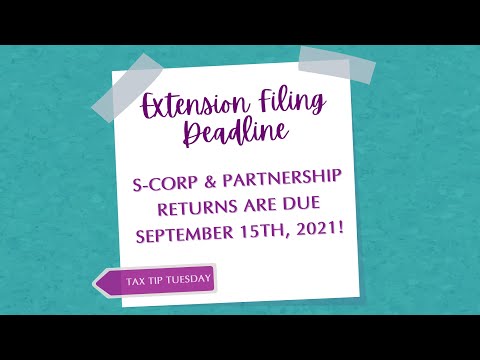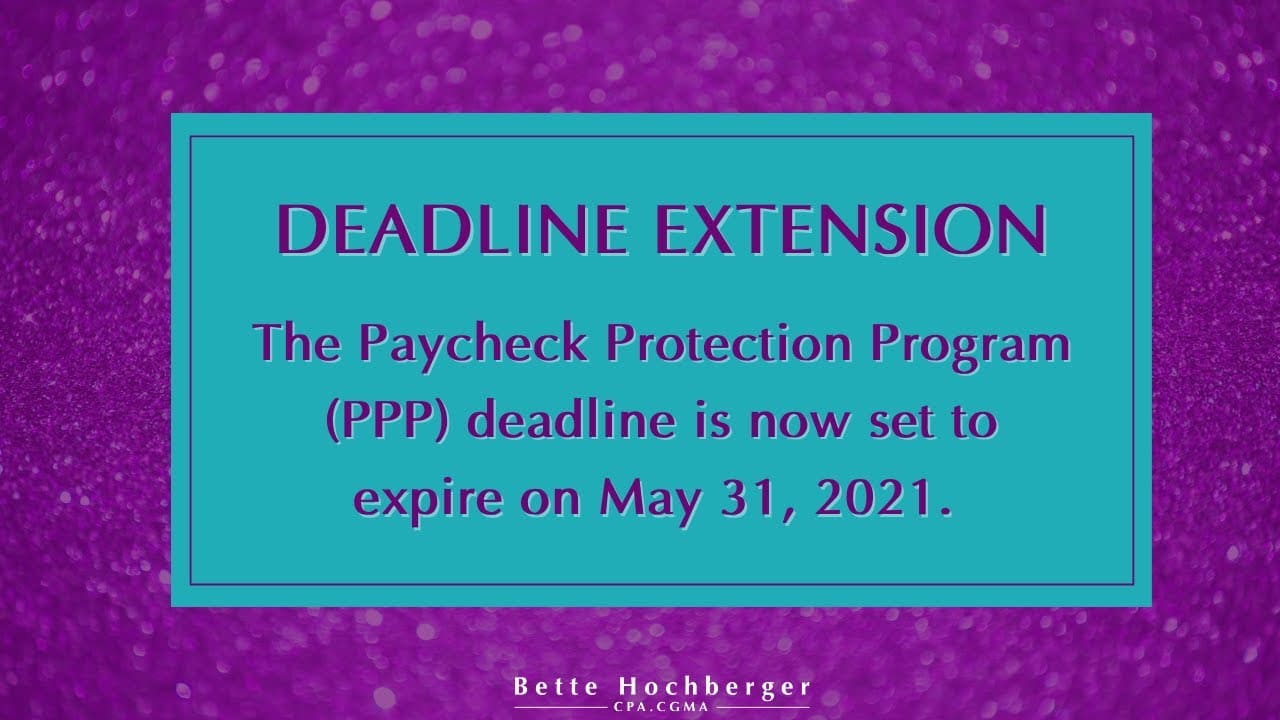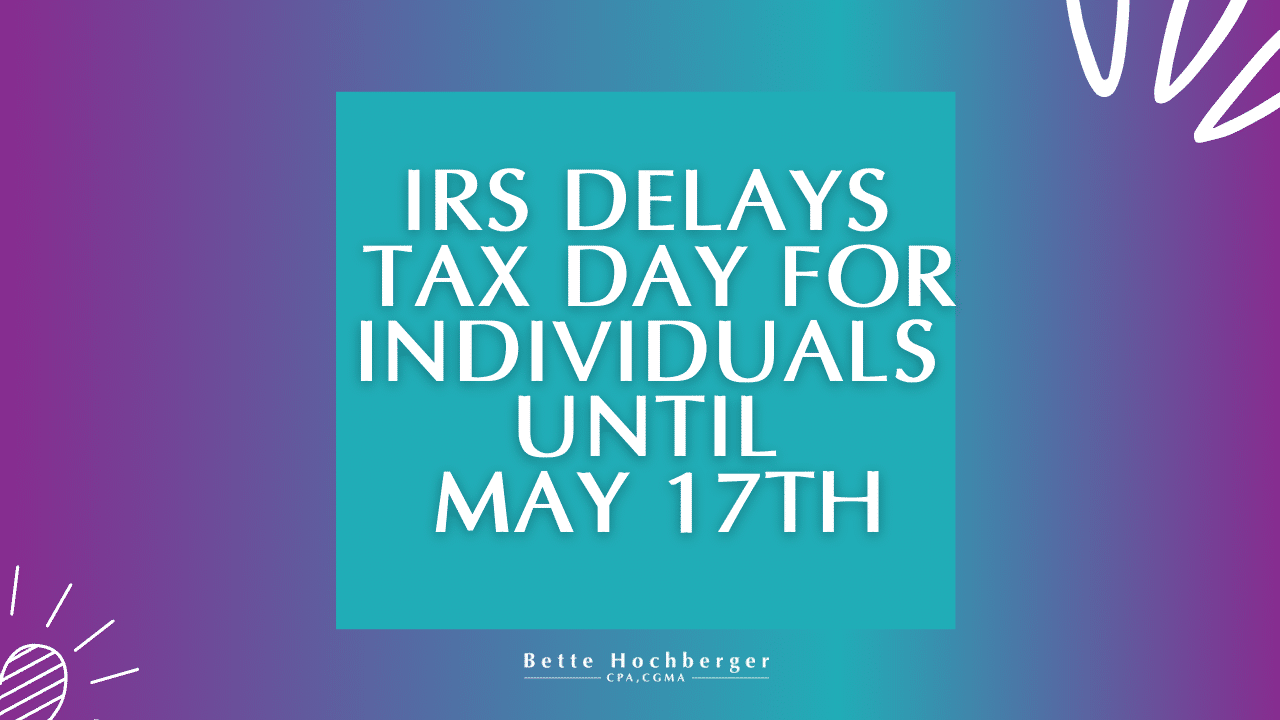Most tax deadlines have the ability to obtain one or more extensions. Usually at least one is possible without reason given by asking for it, and additional extensions require a reason. Some extensions are well known, like the personal 1040 form, extended with form 4868. Other extensions are less well known, like repeated extensions for charities and nonprofits.
If you do not have your tax returns ready by the deadline, it is important to submit a tax extension. The government can assess failure to file penalties as well as failure to pay penalties. If you owe taxes, you generally will pay interest on the amount owed regardless of extension, but filing the extension will eliminate the failure to file penalties. Federal income tax also has safe harbor levels, where if you pay in to cover the safe harbor levels, you will not be subject to failure to pay penalties. A late payment will still generate interest payments to the IRS, but if you make a safe harbor payment and submit an extension on time, you will avoid all relevant penalties.
Most Americans overpay their taxes during the year, qualifying for a refund of the excess, called a tax refund. Financial planners and accountants dismiss these refunds as “giving the government a tax free loan,” but most taxpayers prefer to overpay slightly to receive a refund instead of risking owing money at tax time. Taxpayers awaiting their tax refund generally file early, not wanting to file an extension and delay their refund. As a result of the popularity of tax refunds, consumer oriented companies will advertise “tax refund” sales, encouraging people to use their refund there.
Tax refunds can only be calculated with your full return. If you are entitled to a tax refund you will get it on your final filing. The extension gives you additional time to get your paperwork in, not your payments. The government expects you to fully pay your taxes on time, even if you wait to file, but they won’t refund your money until you fully comply with the filing requirements.












